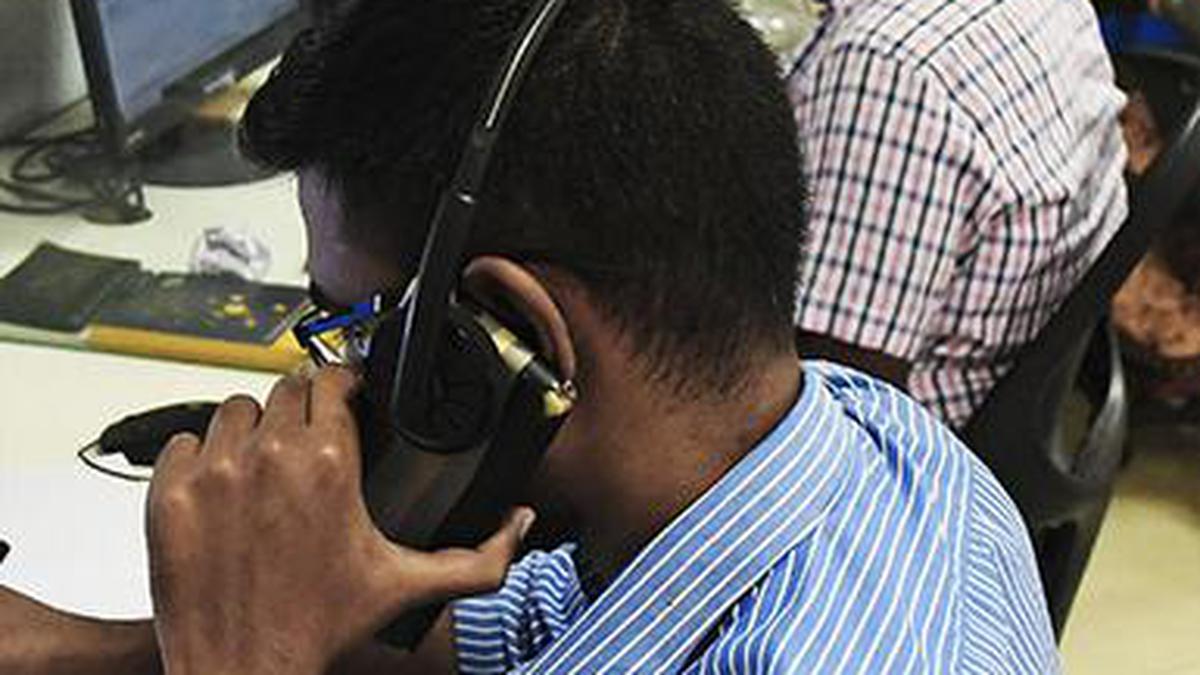
Complaint of network problem ends with Bengaluru housewife losing ₹3 lakh to man posing as Vodafone Idea customer care executive
The Hindu
He persuaded the complainant to download an app through which he got access to her mobile phone. He then told her to pay ₹2 through a payment app. When she did that, he observed the process. The rest was easy, say police
Bengaluru
A 50-year-old housewife in Bengaluru lost over ₹3 lakh to a cyber criminal who she came in contact with following a Google search to fix a poor network problem in her mobile phone. An FIR was registered at East Cyber Crime, Economic Offences and Narcotics (CEN) police station in Bengaluru.
On June 22, the woman, a resident of Babusapalya in Bengaluru, was unable to talk properly over the phone. Fed up with the network problem, she did a quick Google search to find the customer care number of the service provider. The search result threw up a number (7980127290). On calling the number, she came in contact with a man who claimed to be a customer care executive of Vodafone Idea.
On informing him about the problem, he instructed the woman to download RustDesk application. RustDesk is a remote access and remote control software, mainly used for maintenance of computers and other electronic devices.
After the woman downloaded the software, she shared her screen with the ‘customer care executive’, giving him access to her phone. The ‘executive’ instructed the woman to pay ₹2 via Google Pay to 9583929517. The woman did as instructed.
The police suspect that the the ‘executive’ was closely monitoring the Google Pay application when the woman was carrying out the transaction. Later, he took control of the app, and began to transfer money out of her accounts. He transferred ₹2.52 lakh in three different transactions through the payment app while the woman was unaware of what was happening on her mobile phone.
After emptying money from two bank accounts — one operated by the woman and another by her daughter, he moved swiftly to another account in a small finance bank, from which he removed ₹57,000.

“Writing, in general, is a very solitary process,” says Yauvanika Chopra, Associate Director at The New India Foundation (NIF), which, earlier this year, announced the 12th edition of its NIF Book Fellowships for research and scholarship about Indian history after Independence. While authors, in general, are built for it, it can still get very lonely, says Chopra, pointing out that the fellowship’s community support is as valuable as the monetary benefits it offers. “There is a solid community of NIF fellows, trustees, language experts, jury members, all of whom are incredibly competent,” she says. “They really help make authors feel supported from manuscript to publication, so you never feel like you’re struggling through isolation.”

Several principals of government and private schools in Delhi on Tuesday said the Directorate of Education (DoE) circular from a day earlier, directing schools to conduct classes in ‘hybrid’ mode, had caused confusion regarding day-to-day operations as they did not know how many students would return to school from Wednesday and how would teachers instruct in two modes — online and in person — at once. The DoE circular on Monday had also stated that the option to “exercise online mode of education, wherever available, shall vest with the students and their guardians”. Several schoolteachers also expressed confusion regarding the DoE order. A government schoolteacher said he was unsure of how to cope with the resumption of physical classes, given that the order directing government offices to ensure that 50% of the employees work from home is still in place. On Monday, the Commission for Air Quality Management in the National Capital Region and Adjoining Areas (CAQM) had, on the orders of the Supreme Court, directed schools in Delhi-NCR to shift classes to the hybrid mode, following which the DoE had issued the circular. The court had urged the Centre’s pollution watchdog to consider restarting physical classes due to many students missing out on the mid-day meals and lacking the necessary means to attend classes online. The CAQM had, on November 20, asked schools in Delhi-NCR to shift to the online mode of teaching.









